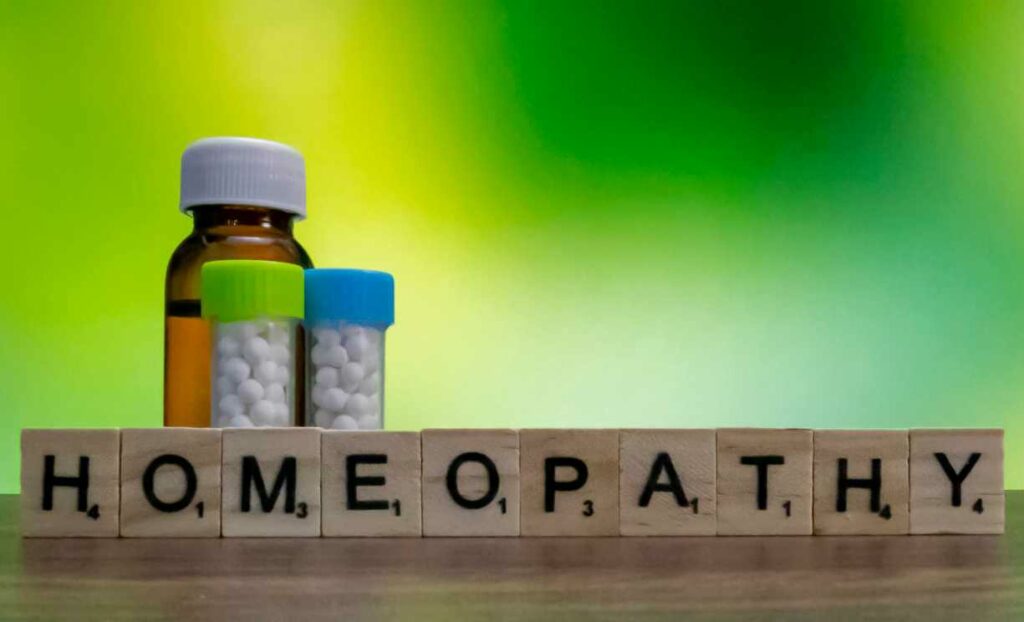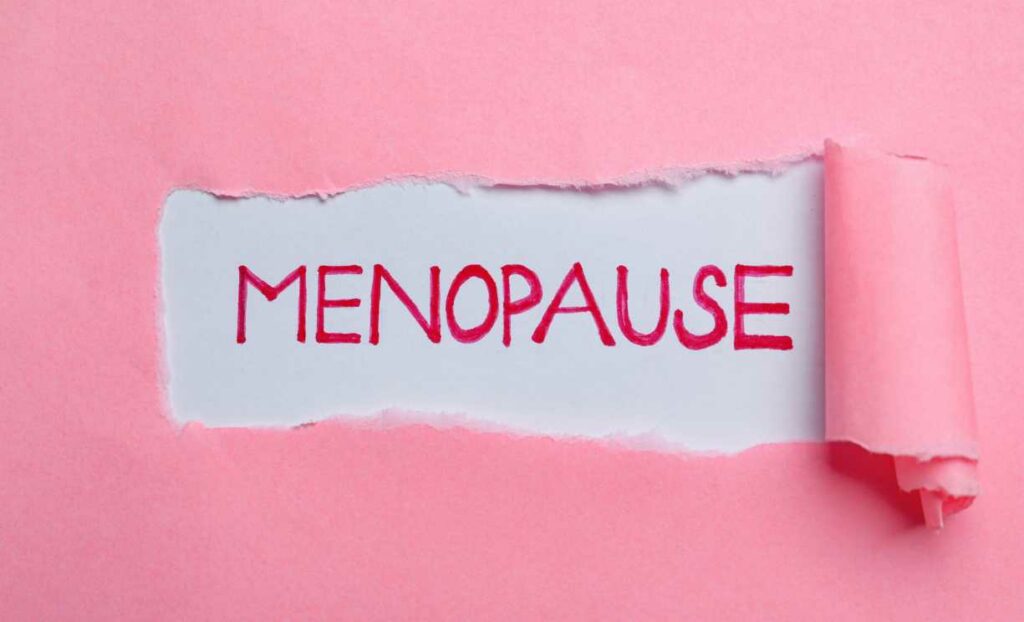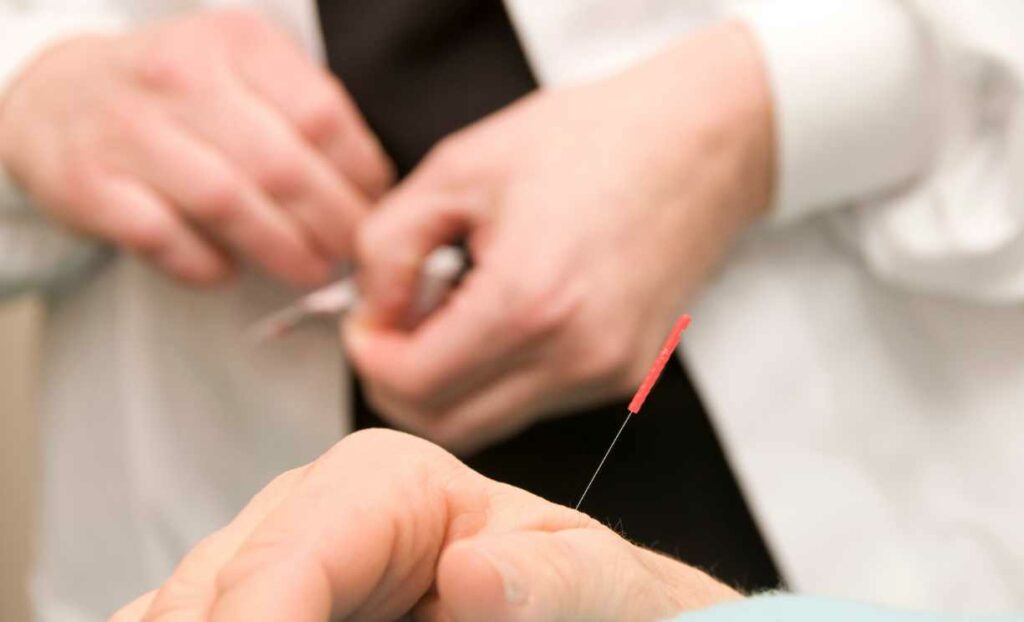Menopause, a natural phase in a woman’s life, brings with it a unique set of challenges, from hot flashes to mood swings. For those seeking alternatives to traditional medicine, homeopathic remedies offer a gentle and holistic approach to managing menopausal symptoms. In this blog, we’ll delve into the world of homeopathy, exploring natural remedies that aim to bring balance and relief during this significant life transition.
Contents
Understanding Homeopathy
Homeopathy is a holistic approach to healing that views the body as an interconnected system, considering both physical and emotional aspects. The core principle of homeopathy is “like cures like,” meaning substances that cause symptoms in a healthy person can be used in highly diluted forms to treat similar symptoms in an unwell person. This practice is based on the idea that the body has an inherent ability to heal itself, and homeopathic remedies aim to stimulate this natural healing process.
Homeopathic treatments are individualized, with remedies chosen based on a person’s unique symptoms, temperament, and overall constitution. These remedies, often derived from plants and minerals, are prepared in highly diluted forms to minimize side effects. Homeopathy is widely used for various health concerns, aiming to address not only specific symptoms but also their underlying causes
Is Homeopathy Effective Against Menopause?
The effectiveness of homeopathic remedies for symptoms of menopause varies from person to person. Many women have reported relief from symptoms like hot flashes, mood swings, and sleep disturbances through homeopathic remedies. Homeopathy works on the principle of treating the individual’s unique set of symptoms, considering their physical and emotional state. While some women find significant relief and improvement in their overall well-being with homeopathic treatments during menopause, others may not experience the same results. It’s important to consult with a qualified homeopathic practitioner who can assess individual symptoms and recommend personalized remedies. Homeopathy is considered safe, with almost no side effects, making it an option for women seeking ways to manage menopause.
Common Homeopathic Remedies For Menopause
Homeopathic remedies aim to address the diverse symptoms associated with menopause. While individualized treatment is essential in homeopathy, here are some common remedies that may be considered for specific menopausal symptoms:
- Lachesis: Indicated for women experiencing intense hot flashes, especially those with left-sided symptoms. It may also be beneficial for individuals who feel relief from removing tight clothing.
- Sepia: Recommended for hormonal imbalances leading to mood swings, irritability, and a sense of indifference toward loved ones. Sepia may also help with symptoms like vaginal dryness.
- Pulsatilla: Suited for women with emotional volatility, weepiness, and a desire for open air. This remedy may be beneficial for those experiencing irregular periods and shifting moods.
- Sulfur: Indicated for women with intense heat, especially in the evening, and those who feel worse from warmth. It may assist with sleep disturbances and mood swings.
- Ignatia: Recommended for emotional ups and downs, grief, and the sensation of a lump in the throat. Ignatia may offer relief for those prone to sudden mood changes.
- Cimicifuga (Actaea racemosa): Often used for women experiencing physical and emotional symptoms, including muscle and joint pain, anxiety, and depression.
- Natrum Muriaticum: Suitable for women with a tendency to isolate themselves, experiencing sadness and emotional suppression. Natrum Muriaticum may also help with dryness, especially in mucous membranes.
It’s important to note that the effectiveness of homeopathic remedies may vary from person to person. Consulting with a qualified homeopathic practitioner is crucial for a personalized assessment and tailored recommendations based on the specific symptoms and constitution of each individual.
How Does Homeopathy Help Against The Symptoms Of Menopause?
Homeopathy aims to address the symptoms of menopause by employing a holistic and individualized approach. The fundamental principles of homeopathy include treating the person as a whole, and considering physical, emotional, and mental aspects. Here’s how homeopathy may help alleviate menopausal symptoms:
- Individualization: Homeopathy recognizes that each person experiences menopause uniquely. The professional will choose the remedy based on an individual’s specific symptoms, temperament, and overall constitution.
- Balancing Energy: Homeopathic remedies, derived from natural substances, are believed to stimulate the body’s vital force, promoting balance and self-healing. This is thought to help the body adapt to the hormonal changes occurring during menopause.
- Addressing Physical and Emotional Symptoms: Menopause often involves a range of physical and emotional symptoms. Homeopathic remedies are selected to target both the physical manifestations, such as hot flashes and sleep disturbances, as well as emotional aspects like mood swings and anxiety.
- No Harmful Side Effects: Homeopathic remedies are highly diluted substances, making them generally safe with minimal side effects. This can be especially appealing for women seeking natural alternatives without the potential risks associated with certain medications.
- Supporting Overall Well-Being: Homeopathy doesn’t only focus on symptom relief but aims to enhance overall well-being. By addressing the root cause of symptoms and promoting balance in the body, homeopathic treatments may contribute to a sense of harmony during the menopausal transition.
Other Alternative Remedies For Menopause
Beyond homeopathy, several alternative remedies and lifestyle adjustments may offer relief from menopausal symptoms. It’s essential to approach these options with an understanding that individual responses can vary. Here are some alternative remedies to consider:
- Herbal Supplements: Certain herbs, such as black cohosh, red clover, and dong quai, are believed to have estrogen-like effects and may help alleviate hot flashes and other symptoms. However, it’s crucial to consult with a healthcare provider before using herbal supplements, as their safety and efficacy can vary.
- Acupuncture: Acupuncture involves inserting thin needles into specific points on the body to promote balance and alleviate symptoms. Some women find relief from hot flashes, sleep disturbances, and mood swings through acupuncture sessions.
- Yoga and Meditation: Mind-body practices like yoga and meditation can help manage stress, improve sleep, and promote overall well-being. Specific yoga poses may target symptoms such as hot flashes and mood swings.
- Dietary Changes: Adopting a well-balanced diet rich in fruits, vegetables, whole grains, and lean proteins can contribute to overall health during menopause. Some women find that reducing caffeine and alcohol intake helps manage symptoms.
- Aromatherapy: Essential oils, such as lavender and peppermint, used in aromatherapy, may provide relaxation and alleviate stress-related symptoms. Inhalation or diluted topical application can be explored under guidance.
- Regular Exercise: Engaging in regular physical activity can help manage weight, improve mood, and enhance overall well-being. Exercise is associated with a reduction in hot flashes and improved sleep quality.
- Biofeedback: Biofeedback involves learning to control physiological functions, such as heart rate and muscle tension, to reduce symptoms like hot flashes. A trained professional typically guides this process.
- Mindfulness-Based Stress Reduction (MBSR): MBSR programs, incorporating mindfulness meditation and stress reduction techniques, have shown promise in reducing menopausal symptoms and improving overall quality of life.
Conclusion
In conclusion, exploring homeopathic remedies for menopause offers a natural and holistic approach to managing the diverse array of symptoms associated with this significant life transition. While individual responses to homeopathy may vary, many women appreciate the gentle and safe nature of these remedies, with minimal side effects. However, it’s crucial to approach homeopathic treatments under the guidance of a qualified practitioner who can provide personalized recommendations based on individual symptoms and constitution.
As women navigate the transformative journey of menopause, the holistic philosophy of homeopathy encourages a deeper understanding of the body’s innate ability to heal and find equilibrium. By embracing the principles of homeopathy, women may discover a pathway to greater harmony and resilience during this unique phase of life.
If you are facing menopause related issues, menopause treatment at HerMantra can help. Book your free trial online menopause treatment session now.





